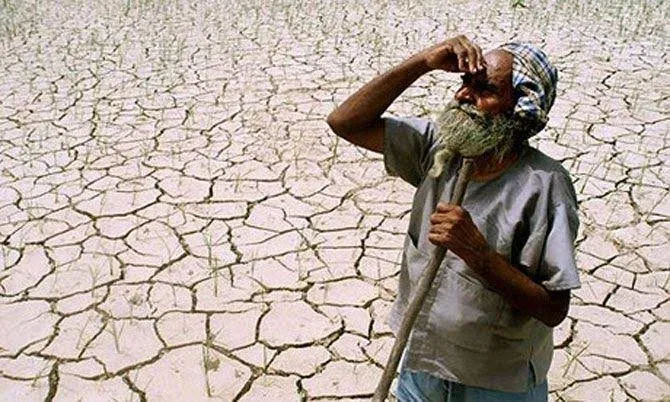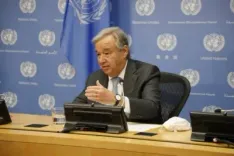Is the Wealthiest 10% Causing More Global Warming Than the Poorest 50%?

Synopsis
Key Takeaways
- The wealthiest 10% contribute to two-thirds of global warming since 1990.
- The top 1% are responsible for 26 times more extreme heat events.
- Targeting wealthy individuals in climate policy is essential.
- Income-based emissions inequality leads to climate injustice.
- Financial investments play a crucial role in emissions.
New Delhi, May 7 (NationPress) The wealthiest 10% of the global population contributes significantly more to carbon emissions than the poorest 50%, driving extreme climatic events like heat waves and droughts, according to a study released on Wednesday.
Published in the journal Nature Climate Change, the research reveals that the top 10% of the world's affluent individuals are responsible for approximately two-thirds of the global warming observed since 1990.
Lead researcher Sarah Schongart from ETH Zurich in Switzerland stated, "Our research highlights that the severe climate impacts we witness are not merely the outcome of vague global emissions; they are directly tied to our lifestyle and investment decisions, which are ultimately connected to wealth."
The study underscores that affluent emitters significantly contribute to climate extremes, reinforcing the need for climate policies aimed at reducing their emissions.
This research involved an international collaboration of scientists from Germany, Switzerland, Austria, and Australia who analyzed the contributions of high-emission groups within societies.
Findings indicate that the top 1% of the wealthiest individuals globally are responsible for 26 times the global average increases in extreme heat events and 17 times more for droughts in the Amazon.
The study provides valuable insights into the relationship between income-based emissions inequality and climate injustice, demonstrating how the consumption and investment behaviors of wealthy individuals disproportionately affect extreme weather occurrences.
According to co-author Carl-Friedrich Schleussner, who leads the Integrated Climate Impacts Research Group at the International Institute for Applied Systems Analysis in Austria, "Had everyone emitted like the poorest half of the global population, the additional warming since 1990 would have been minimal."
The consequences of these emissions are particularly harsh in vulnerable tropical regions like the Amazon, Southeast Asia, and southern Africa, areas that historically contribute the least to global emissions.
Moreover, the study emphasizes the significance of emissions linked to financial investments, not just personal consumption.
The researchers advocate focusing on the financial habits and portfolios of high-income individuals to achieve considerable climate benefits.








